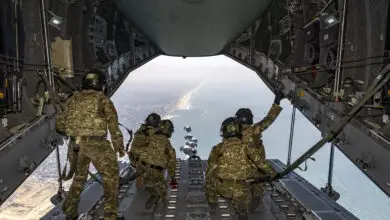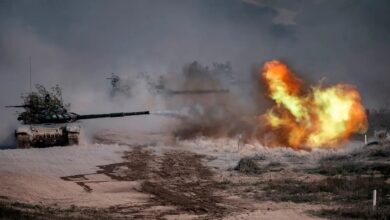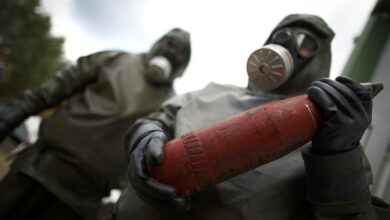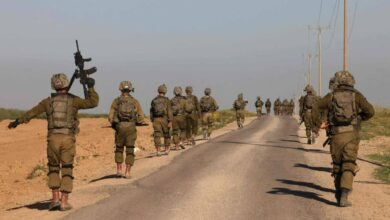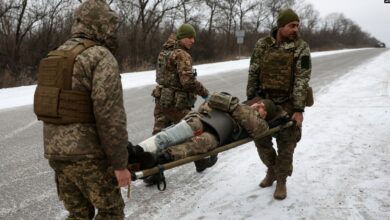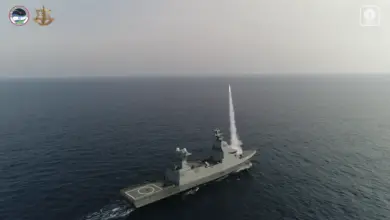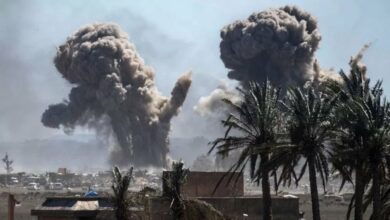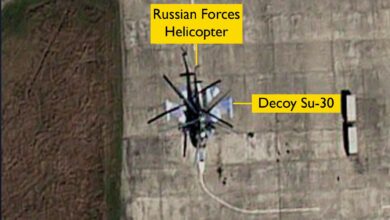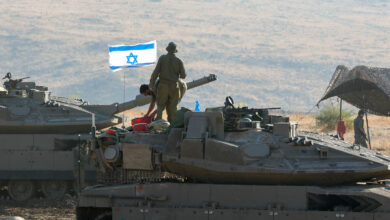Kurdish-Led Forces ‘End Military Operations’ in East Syria
US-backed Kurdish-led forces in Syria declared the “end of military operations” in the country’s east Wednesday after days of clashes with Arab fighters left dozens dead.
The violence started when the Kurdish-led Syrian Democratic Forces (SDF) detained Arab chief Ahmad al-Khabil, who headed the affiliated Deir Ezzor Military Council, on August 27.
“Military operations in Dhiban have ended,” SDF spokesman Farhad Shami told AFP.
An SDF statement said that “the town has been completely cleared of armed intruders.”
Control of the province is split between the SDF to the east of the Euphrates river and Iran-backed Syrian government forces and their proxies to the west.
The clashes had rocked Kurdish-controlled areas of Deir Ezzor province, killing 90 people, mostly fighters but also nine civilians, the Syrian Observatory for Human Rights said.
The violence had pitted the SDF against loyalists of Khabil, who is also known as Abu Khawla, and local Arab fighters led by a sheikh from a prominent tribe, the Britain-based war monitor said.
But the tribes are divided in their loyalties, added the Britain-based Observatory, which has a network of sources inside Syria.
Arab-majority Deir Ezzor, a resource-rich region that borders Iraq, is bisected by the Euphrates and is home to dozens of tribal communities.
Some of their fighters joined the SDF in its campaign against the Islamic State group which ended the jihadists’ self-declared caliphate in Syria.
In northern Syria on Monday, Turkey-backed fighters who said they were from Arab tribes attacked SDF positions in support of the fighters in Deir Ezzor.
The SDF has denied any dispute with Arab tribes in the region, saying the clashes have mostly involved “elements of the regime and some beneficiaries” of Khabil, whom they accuse of drug trafficking, mismanagement and communicating with Damascus.
The US embassy to Syria, which is based outside the country, had said on Sunday that senior US officials had met with Kurdish-led forces and community leaders in eastern Syria to discuss the need for de-escalation.
Kurdish authorities control areas in north and northeast Syria through local civilian and military councils in an effort to stave off Arab discontent.
Syria’s civil war broke out in 2011 with the government’s repression of peaceful protests. The conflict has killed more than 500,000 people and displaced millions.


